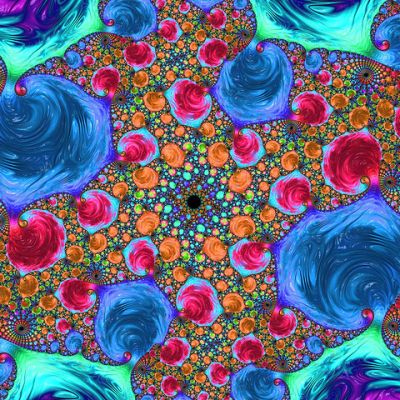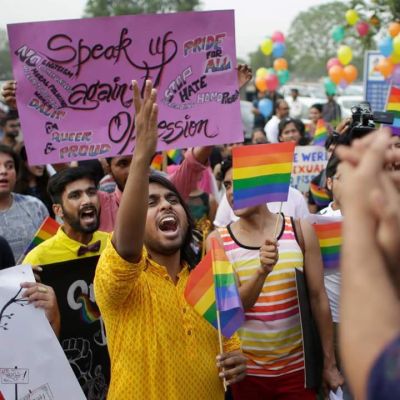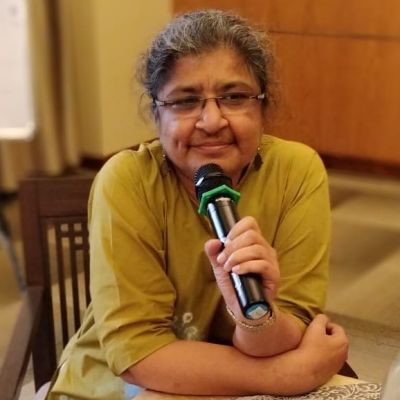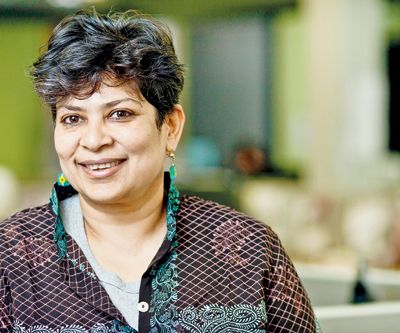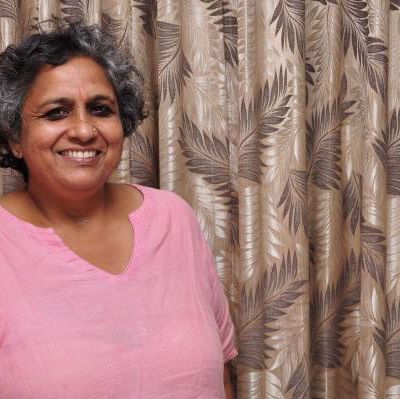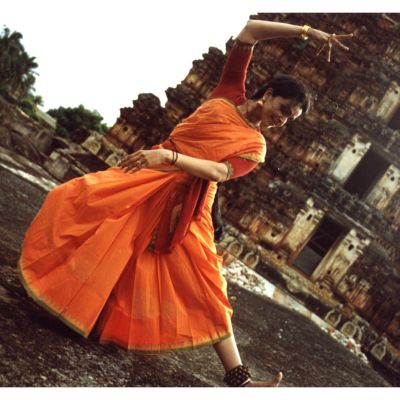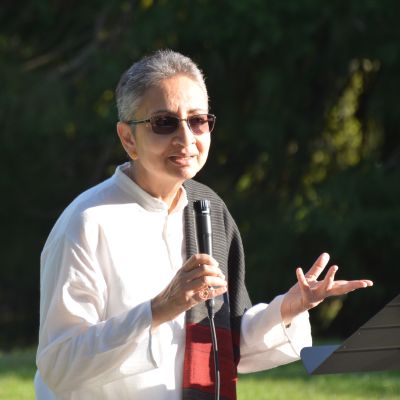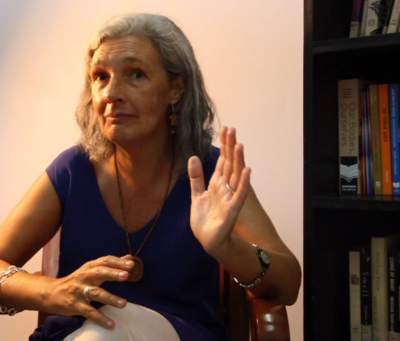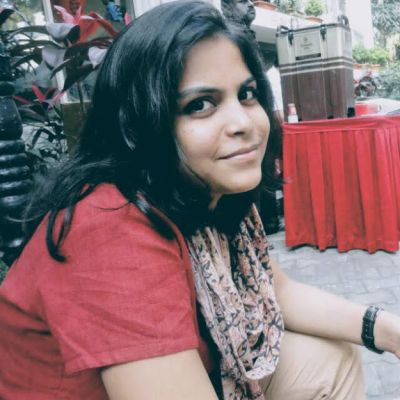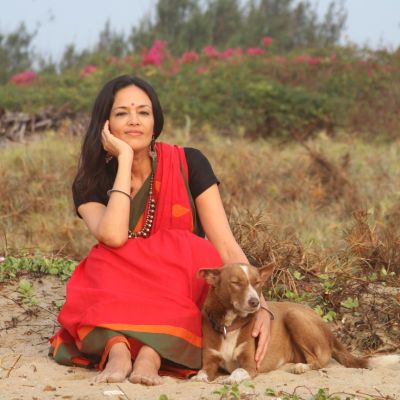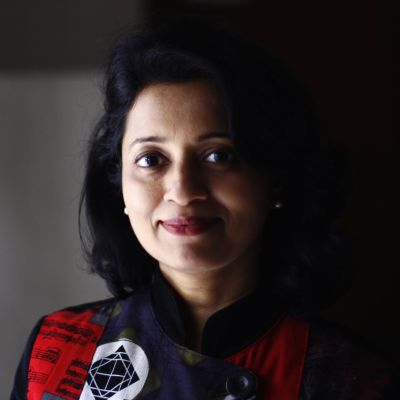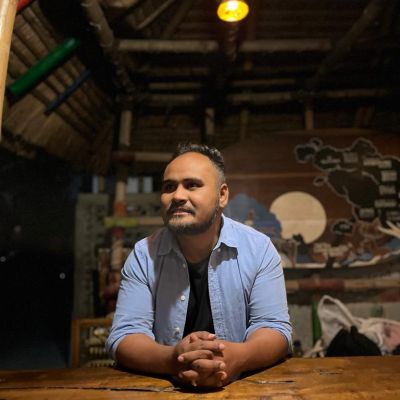Sexuality
Here, in Part 2, each interviewee addresses aspects of sexuality and diversity from their own particular space of personal knowledge, as well as work, advocacy, art and activism across diverse fields.
For the two-part interview section of this month’s In Plainspeak, Shikha Aleya spoke to a few individuals who continue to push the boundaries of their work, art, and social norms, and expand the understanding of diversity and sexuality.
In November 2015, during the Delhi Queer Pride March, three individuals held up signs that read, ‘Dalit, Queer, Proud’, establishing…
Devdutt Pattanaik writes on relevance of mythology in modern times, especially in areas of management, governance and leadership. Trained in medicine, he worked for 15 years in the healthcare and pharma industries before he focussed on his passion full time. He is author of 30 books and 600 columns, with bestsellers such as My Gita, Jaya, Sita, Business Sutra and the 7 Secret Series.
In the course of this interview with Shikha Aleya, Chayanika Shah points out, “While decisions around gender and sexuality are very private and apparently made by each person for themselves, the material connections of community and family make this choice very contextual, and contingent on the whole social structure.”
Bishakha Datta is an Indian filmmaker, activist and a former journalist. She runs Point of View, a Mumbai based non-profit,…
A photo of Anjali Gopalan, who has short black and gray hair and dark eyes. Anjali is smiling, wearing a light pink dupatta.
In December TARSHI interviewed Anita Ratnam, who is a leading Bharatanatyam dancer and choreographer based in Chennai. In her own…
Reflecting on the theme of Spirituality and Sexuality for this issue of In Plainspeak, in an interview with Shikha Aleya, Lata says,“What might a spiritual approach contribute? It can lead you to understand that there is a core aspect of you that exists prior to and alongside the particulars that shape your identity – class, gender, sexuality, religion, able-bodiedness, etc…”
Adsa Fatima is a feminist, trainer and resource person working with Sama Resource Group for Women and Health. In this interview, she shares her insights on issues of privacy, safety and inclusion in the context of reproductive health, sexuality and rights, and the family and social environment that influence individual choices and decisions
I’ve essentially thought of movement as a kind of freedom, but one that has the capacity to destabilise you in some way. My most creative moments are when I’m not moving, when I am in fact rooted and still.
So why do we have to have fixed notions of gender roles and food?
When we are talking about the theme of embracing equity we can see sports as a neutral space that has the potential to be a space where everyone can connect, together, without language, and without the domination of any community over another.

